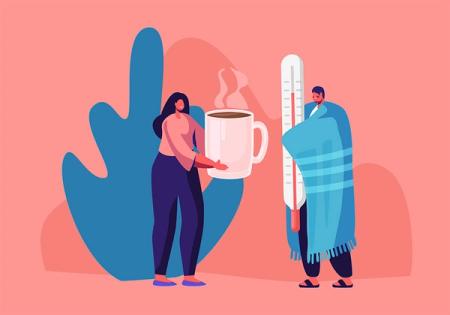question
apart from medication, what should be included in my overall treatment plan for arthritis?
Managing arthritis effectively involves a comprehensive approach that goes beyond medication. In my sources, several key components are highlighted that can contribute to an overall treatment plan for arthritis. Here’s a breakdown of these elements:
1. Exercise
Regular physical activity is one of the most effective non-drug treatments for arthritis pain. Exercise can help:
- Reduce joint pain
- Improve joint range of motion
- Increase muscle strength
- Assist in weight management
- Enhance overall wellbeing
A holistic exercise program should include strength training, cardiovascular fitness, flexibility, and mobility activities. It’s advisable to work with an accredited exercise physiologist to tailor a program that suits your specific type of arthritis and personal health concerns.
2. Healthy Diet
Maintaining a balanced diet is crucial for managing arthritis. A Mediterranean-style diet is particularly beneficial as it includes:
- Plenty of fresh fruits and vegetables
- Whole grains
- Lean proteins, especially fish
- Healthy fats, such as olive oil
This diet is rich in anti-inflammatory foods, which may help reduce inflammation in the body. Staying hydrated and avoiding excessive processed foods can also support your overall health.
3. Weight Management
Excess weight can place additional stress on weight-bearing joints, exacerbating pain and inflammation. Maintaining a healthy weight through diet and exercise can significantly alleviate some symptoms associated with arthritis.
4. Physical Therapy
Working with a physiotherapist can provide you with tailored exercises and treatments to keep your joints flexible and reduce pain. They can also advise on posture and techniques to relieve discomfort.
5. Allied Health Professionals
Incorporating various allied health professionals into your care team can enhance your treatment plan. Consider the following:
- Occupational Therapists: They can help you find ways to make daily activities easier and recommend useful aids.
- Dietitians: They provide guidance on nutrition and weight management.
- Podiatrists: They specialise in foot care and can help with footwear and orthotics.
- Psychologists: They can teach coping strategies for managing pain and emotional wellbeing.
6. Pain Management Techniques
In addition to medication, various techniques can help manage pain:
- Heat and Cold Therapy: Applying heat can relax muscles, while cold can reduce swelling. Both can be soothing when used appropriately.
- Massage Therapy: Some individuals find relief through massage, especially when performed by a therapist experienced in treating arthritis.
- Transcutaneous Electrical Nerve Stimulation (TENS): This method uses mild electrical pulses to block pain signals and may be beneficial for some individuals.
7. Relaxation and Mindfulness
Learning relaxation techniques can help manage stress and pain. Techniques such as deep breathing, guided imagery, and mindfulness can reduce muscle tension and improve your overall mental health.
8. Social Support
Connecting with others who understand your experience can be incredibly beneficial. Consider joining support groups or engaging in community activities that promote social interaction. This can help combat feelings of isolation and provide emotional support.
9. Regular Check-ups
Regular visits to your GP or rheumatologist are essential for monitoring your condition and adjusting your treatment plan as necessary. They can help coordinate care and ensure that all aspects of your health are being addressed.
10. Education and Self-Management
Educating yourself about arthritis and its management can empower you to take control of your health. Understanding your condition, treatment options, and self-management strategies can lead to better outcomes.
Conclusion
Incorporating these elements into your overall treatment plan can significantly enhance your quality of life while living with arthritis. It’s essential to work closely with your healthcare team to develop a personalised plan that addresses your specific needs and circumstances.
If you have further questions or need clarification on any aspect of your treatment plan, please consult your healthcare professional for tailored advice.
This information is not a substitute for professional medical advice, diagnosis or treatment. Always consult a registered healthcare professional about matters that affect your health. Clara uses artificial intelligence to generate general information for personal educational purposes only, not intended to be a management plan and it may contain errors, inaccuracies or may oversimplify concepts.












